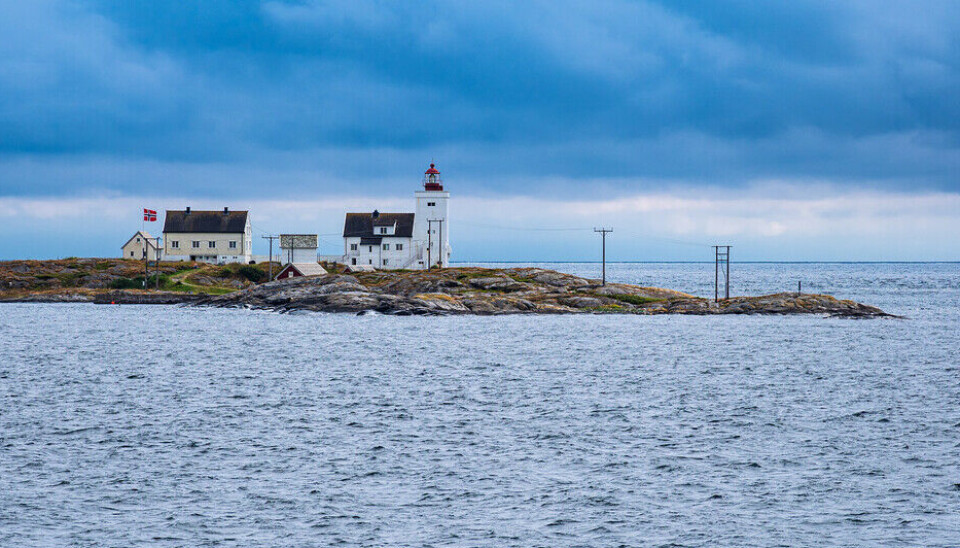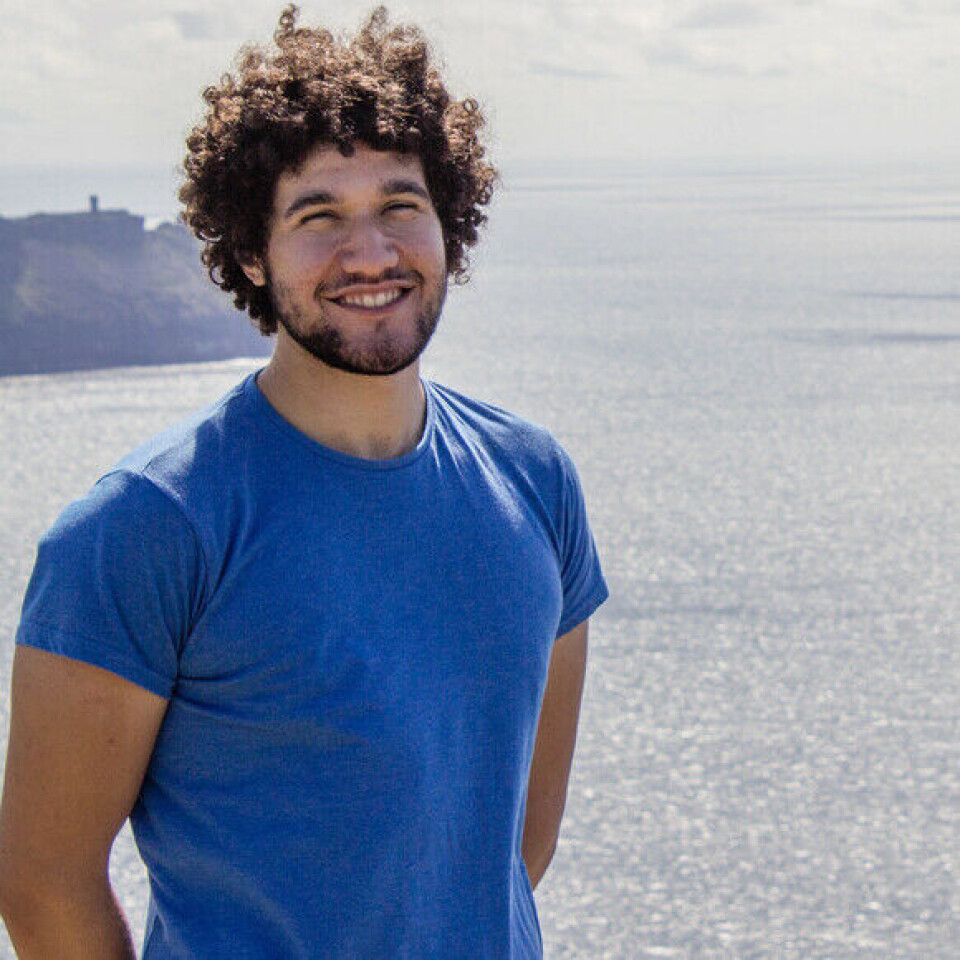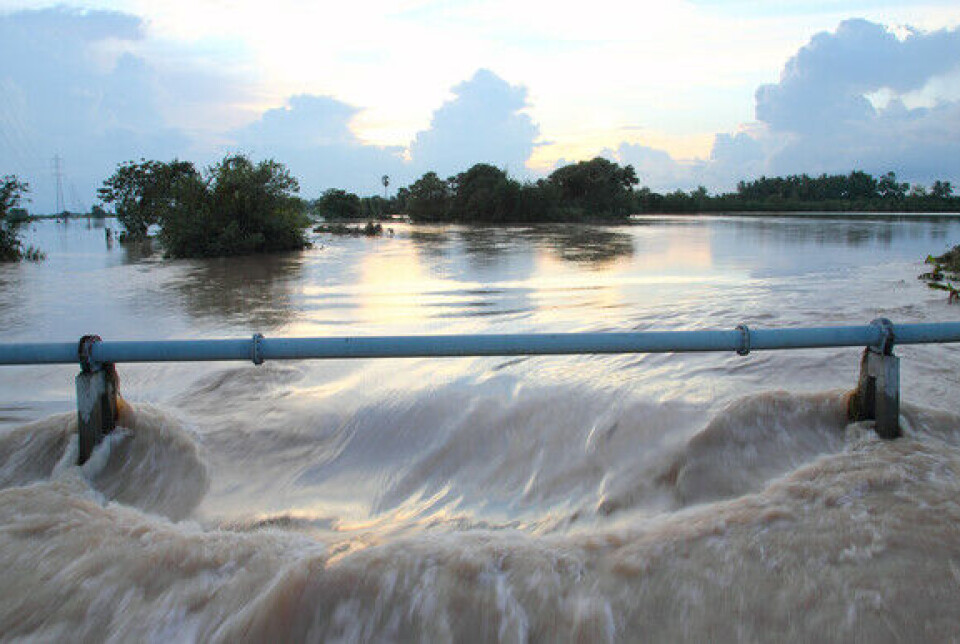THIS CONTENT IS BROUGHT TO YOU BY THE University of Agder - read more

Runoff from land can be an important source of energy for organisms and animals along the coast
Not everything that flows into the sea is waste.
“In the past, we’ve heard that runoff and drainage from land is bad for the ocean. Now we see that it can also be an important resource,” Juan Pardo says. He is PhD student in the Centre for Coastal Research (CCR) at the University of Agder.
In the study, Pardo and colleagues look at the relationship between organisms that live at the bottom of the ocean and organic material from land, among other things.

“Especially the animals and organisms that live entirely at the bottom of the sea get energy from waste or degradable material such as plants, animals, and human activities,” he says.
Physical, chemical, and biological factors play a decisive role in the formation of ecosystems.
“Organisms on the seabed are important for the marine ecosystem. They play an important role in the carbon cycle. They also contribute to diversity and serve as food for small fish and other prey,” Pardo says.
The marine organisms help to bind and store carbon, which is important for the functions of the marine ecosystem.
Climate change threatens coastal ecosystems
The study shows that runoff from land is an important resource for the sea in normal weather conditions.
But normal weather is constantly being challenged by extreme weather due to climate change, which can have negative consequences. Drainage from land, in addition to floods, landslides and storms, threatens coastal ecosystems.
“Heavy rainfall and landslides affect the interaction between land and sea,” Pardo says.
He highlights how Norway is experiencing darker waters along the coast. This is closely related to climate change which, among other things, results in more drainage from land and runoff to the sea.

Global perspectives and knowledge gaps
The study shows that organic material from land plays an important role in the coastal area, but knowledge in the field is still somewhat limited. Pardo hopes for more research and better monitoring to manage the challenges going forward.
“The study underlines the need to monitor and understand how changes in the supply of organic material affect life in the sea, especially in view of the climate changes we’re facing,” he says.
The study is based on data from all over the world. However, Pardo would want to see more data and cooperation from Asia.
“In the global south there are many important natural systems, and it would have been interesting to know more about how communities there are affected by runoff from land and how their way of life changes,” he says.
Reference:
Pardo et al. The interplay between terrestrial organic matter and benthic macrofauna: Framework, synthesis, and perspectives, Ecosphere, vol. 14, 2023. DOI: 10.1002/ecs2.4492

This article/press release is paid for and presented by the University of Agder
This content is created by the University of Agder's communication staff, who use this platform to communicate science and share results from research with the public. The University of Agder is one of more than 80 owners of ScienceNorway.no. Read more here.
More content from the University of Agder:
-
Research paved the way for better maths courses for multicultural student teachers
-
The law protects the students. What about the teachers?
-
This researcher has helped more economics students pass their maths exams
-
There are many cases of fathers and sons both reaching elite level in football. Why is that?
-
How we used plants to protect ourselves from evil
-
What is it like for nurses to promote health behind bars?




































